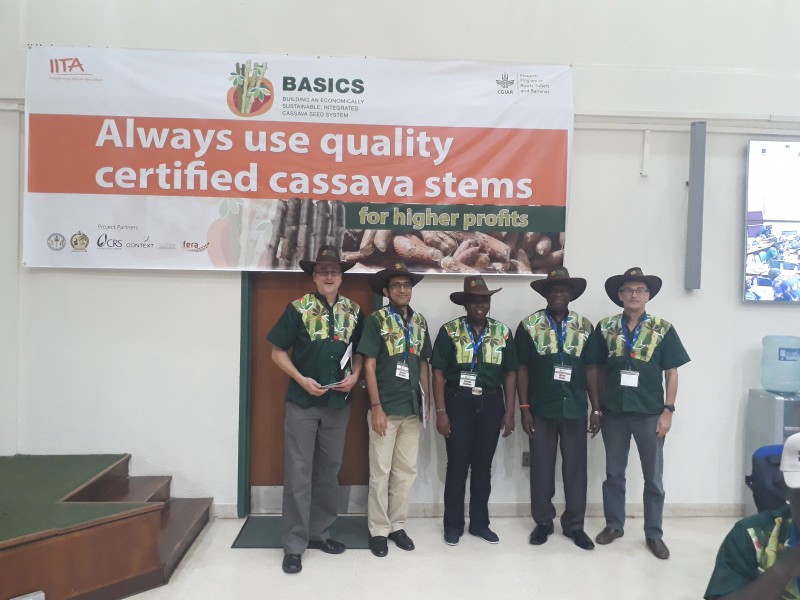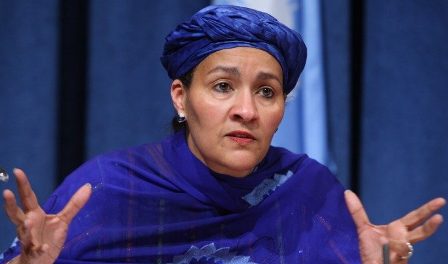
Impending Hunger Catastrophe Should Be Africa’s Last!
By Irene Gaitirira
Published April 17, 2017
 More than 18 million people in the Horn of Africa and in Nigeria are facing one of the worst hunger crises in recent history.
More than 18 million people in the Horn of Africa and in Nigeria are facing one of the worst hunger crises in recent history.
International Federation of Red Cross and Red Crescent Societies (IFRC) warns that this humanitarian crisis will be repeated again and again unless concerted efforts to build resilience on the continent are put in place.
“As long as we have conflicts and do not take strong measures to mitigate the effects of climate change, food insecurity will be with us,” said Dr Fatoumata Nafo-Traoré, IFRC’s Regional Director for Africa. “As we respond to the risk of imminent mass starvation in Africa, we also need to invest in community-level capacities and systems, so that local communities are prepared for any future shocks.”
RELATED:We Support Vision 2030 Agenda for Sustainable Development
This warning, in a statement issued on April 13, comes at the end of a continental conference of Red Cross and Red Crescent leaders in Abidjan, Ivory Coast, that has recommended strengthening domestic resource mobilisation, increasing country-level policy dialogue with governments, fostering increased community ownership of programmes, and developing innovation centres in communities as some of the measures of minimising risk.
“We need to take advantage of modern technologies in our response to current humanitarian challenges. Mobile applications and social media should be used to raise awareness on climate change and to share early warning information about disasters,” said Dr Abbas Gullet, IFRC’s Vice President. “We also need to improve data collection, through technology and capacity building at community level.”

The meeting also called on governments, donors and humanitarian partners to prioritise and invest in interventions that will finally help break the grim and destructive cycle of African hunger by strengthening communities’ capacities and skills to better prepare for, and respond to disasters and food insecurity, among other crises.
RELATED:How to Rescue Africa from Political and Economic Misery
“We’ve seen drought and hunger before: in Somalia in 2011 and 2012, in Niger in 2005, in Ethiopia in the 1980s. Not enough was done to prevent those crises from happening, and not enough is being done to prevent a similar disaster from happening in the future,” said Dr Gullet.
 IFRC and member National Societies are providing long-term support to vulnerable communities throughout Africa. Local Red Cross and Red Crescent staff and volunteers are embedded in many of the most vulnerable and hardest-to-reach communities.
IFRC and member National Societies are providing long-term support to vulnerable communities throughout Africa. Local Red Cross and Red Crescent staff and volunteers are embedded in many of the most vulnerable and hardest-to-reach communities.
“How many people will die this year? How many will die in future years if we don’t build the resilience of communities alongside our provision of emergency aid?” added Dr Gullet. “We cannot keep saying ‘never again’ unless we are prepared to change the way we respond.”
RELATED:Improve Cassava Yield Through Planting High Quality Seed



4 thoughts on “Impending Hunger Catastrophe Should Be Africa’s Last!”